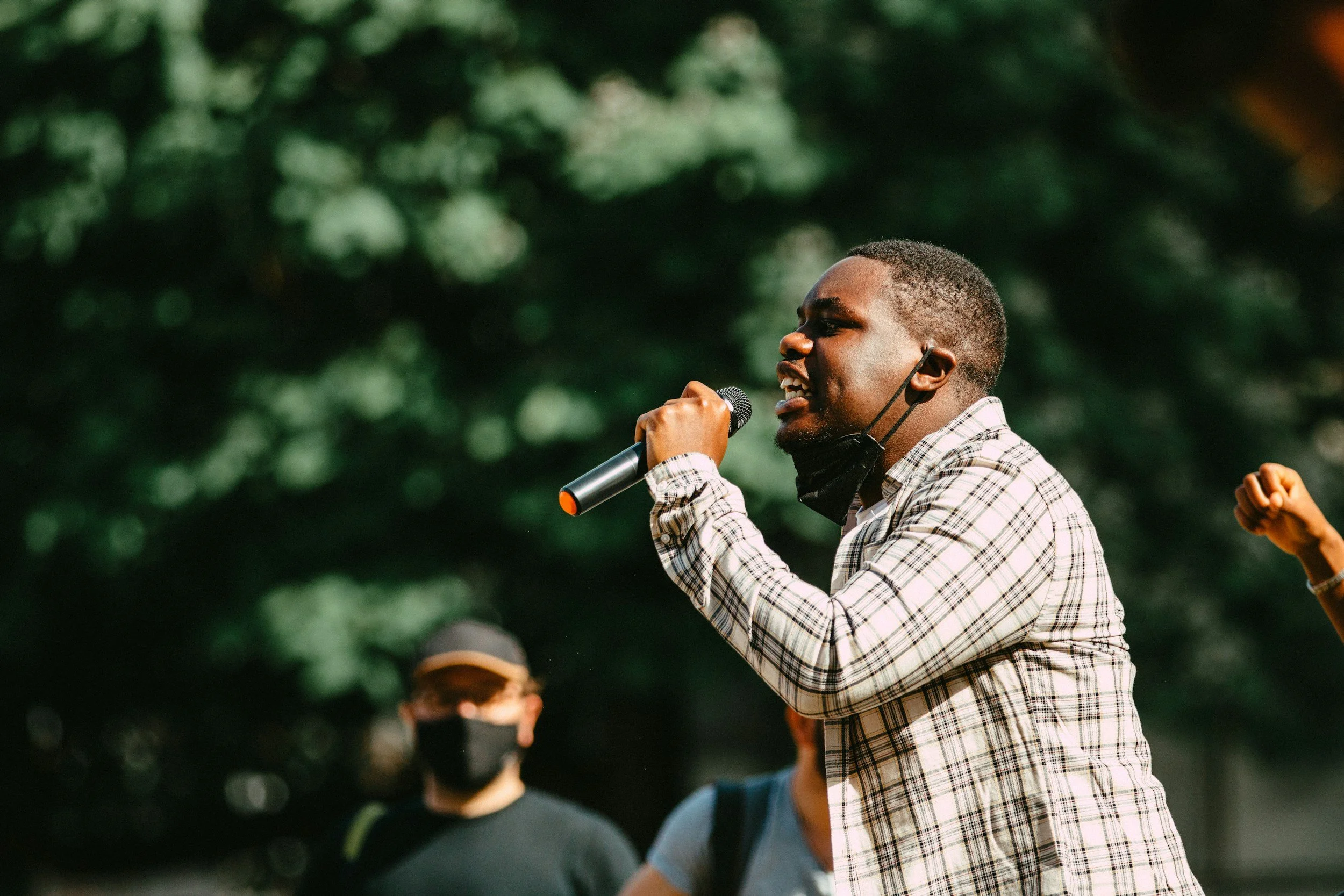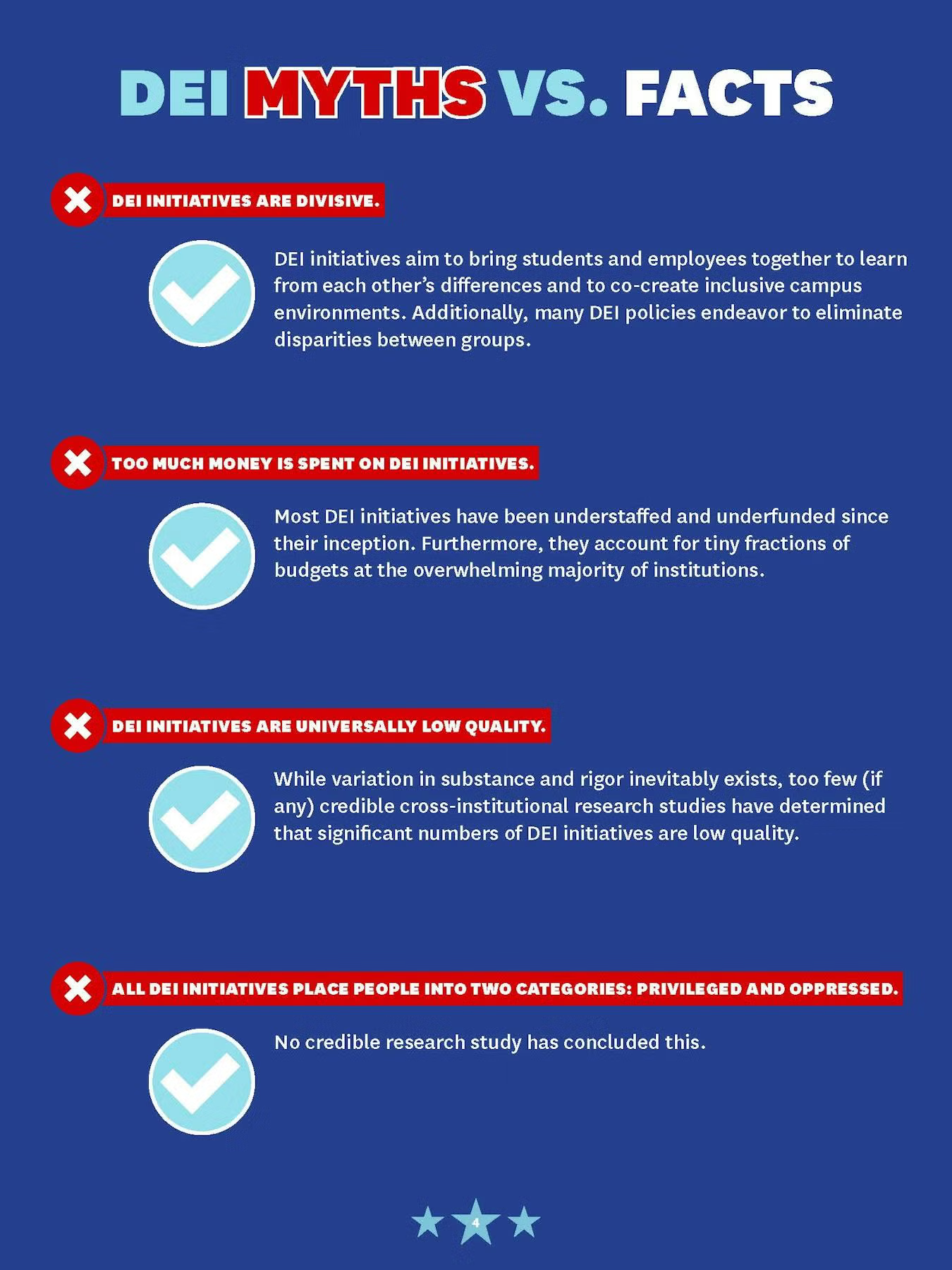The World Is Speaking…
Are You Ready To Respond?
Every month, The Poet Life challenges poets worldwide to use their voices to reflect, inspire, and ignite change. We provide a timely spoken word prompt based on a current affair, giving you the opportunity to craft a powerful piece that resonates with the world around you.
Whether you’re an emerging poet or a seasoned spoken word artist, this is your chance to make an impact, grow your audience, and sharpen your craft while engaging in meaningful conversations.
Why Get Involved?
Here Are Several Benefits For Poets
-
Enhances poetic skills by challenging poets to respond creatively to timely topics.
Encourages versatility in writing styles and perspectives.
Helps poets refine their ability to craft compelling narratives with real-world relevance.
-
Positions poets as cultural commentators who can inspire and inform through their art.
Provides an opportunity to shape conversations on important issues.
Builds credibility as a poet with a voice that matters in societal discussions.
-
Creates content that is immediately relatable and shareable.
Sparks meaningful discussions among audiences who care about the same topics.
Connects poets with like-minded creatives and potential collaborators.
-
Increases the likelihood of virality when responding to trending topics.
Attracts new followers who are engaged in the same social or political discourse.
Strengthens personal branding by consistently producing relevant, impactful work.
-
Opens doors for performances, commissions, and collaborations with media outlets or advocacy organizations.
Can lead to invitations for panels, discussions, or poetry events tied to the subject matter.
Provides material for publishing in literary magazines, anthologies, or digital platforms.
How It Works
Express Your Interest
📲 Step 1: Post on Social Media (Required)
Record your spoken word poem (90 seconds to 3 minutes) inspired by this month’s prompt: "The Truth About DEI."
Post your video on Instagram, TikTok, or YouTube.
Tag us: @ThePoetLife
Use the hashtags: #PoetLifePrompt + #TruthAboutDEI
This helps your work reach a wider audience while joining a global conversation with other poets.
🌐 Step 2: Submit via Our Website (Optional but Recommended)
Want to be officially featured on The Poet Life’s platforms?
Click the "Submit Your Poem" button below.
Fill out the form with your name, email, social media handle, and video link.
Hit Submit and you’re done!
✨ Why Submit?
Get a chance to be featured on our website, social media, and The Poet Life app.
Be considered for special showcases, interviews, or live events.
Join our growing network of poets making an impact.
🎤 Submission Deadline: February 28th
February Current Affair
Across the U.S., Diversity, Equity, and Inclusion (DEI) programs are being rolled back in schools, workplaces, and government institutions. These initiatives, designed to promote fairness, representation, and equal opportunities, are now facing legislative pushback and defunding efforts.
Four Pillars
Educator Growth: Professional Development, Training, Hiring Practices.
Classroom and Climate: Culturally Responsive and Inclusive Practices and Curriculum.
Student Belonging: Identity, Empathy, Inclusion.
Community Cohesion: Parent/Guardian Education and Involvement, Town Partnerships.
Here are some facts about diversity, equity, and inclusion (DEI):
DEI protects company culture: DEI helps companies adapt to changing markets and industries.
DEI improves employee engagement: DEI-focused organizations have happier and more motivated employees.
DEI improves decision-making: Diverse teams make better decisions.
DEI reduces risk of discrimination: DEI initiatives help reduce the risk of discrimination and legal issues.
DEI improves global competitiveness: DEI initiatives help companies enter new markets and improve their global competitiveness.
DEI fosters a culture of respect: DEI strategies create a culture of respect and inclusivity.
DEI encourages diverse hiring practices: DEI initiatives encourage hiring practices that attract diverse talent.
DEI involves allocating resources: Equity is a principle that involves allocating resources to ensure equal access and opportunities for all.
DEI involves intersectionality: Intersectionality is the way different forms of discrimination may overlap and complicate each other.
-
Reality: DEI levels the playing field
DEI is characterized as “reverse discrimination” in situations where white people believe they are negatively stereotyped or discriminated against because of their whiteness – or treated less favorably than people of color. This claim ignores a core ingredient of racism and discrimination: power. DEI seeks to rebalance that power and ensure that those who have been historically disempowered or deprived of equal opportunities simply because of their identities should be given a fair and equitable chance to succeed. This does not equate to discriminating against historically dominant groups.
-
Reality: It’s not
DEI programs are designed to promote fairness and inclusivity, and they operate within the bounds of existing laws aimed at preventing discrimination. For instance, DEI practices are grounded in federal and state laws that prohibit discrimination based on race, gender, and other protected characteristics. The recent Supreme Court decision to end Affirmative Action in college admissions does not render all DEI efforts illegal; it simply alters how race can be considered in certain contexts. DEI initiatives, which focus on creating equitable opportunities and fostering diverse work environments, do not violate the law but rather seek to align with it by addressing disparities and promoting a more inclusive society.
-
Reality: DEI benefits everyone
One of the most popular claims made by anti-DEI advocates is that DEI only benefits certain groups–usually people of color, women, and members of the LGBTQ+ community. DEI initiatives seek to ensure that everyone has what they need to succeed, regardless of their identity. Stronger parental leave policies ensure that parents of all genders can take the time they need to bond with their new babies. Accessible entrances benefit people pushing children in strollers, elderly folks with mobility issues, or people with injuries. Stronger employee support programs help military veterans transition back into civilian life and receive adequate mental health support. DEI recognizes that many different communities experience barriers to success and seeks to remove them so that everyone can thrive, resulting in happier employees, higher quality work, and less turnover.
-
Reality: DEI deepens the hiring pool
One of the most prominent and popular DEI myths is that it results in the hiring of unqualified, non-white candidates, causing critics to rename the acronym to “Didn’t Earn It.” It is a racist idea that should always be challenged. DEI is really about welcoming people in and removing the unconscious and sometimes conscious biases that impact historically marginalized candidates. For many from underrepresented racial groups, proving they are “worthy” of a job comes with additional requirements than their counterparts, often preventing them from applying to jobs they are more than qualified for. When you leave the door open for everyone to have an opportunity, you get a deeper, more qualified pool of candidates to choose from.
-
Reality: Racial disparities persist unchecked despite legal rulings
Many DEI critics argue that these initiatives are unnecessary, claiming we have achieved equality and that racism is no longer a major issue. They often cite the Supreme Court’s 2023 decision to eliminate Affirmative Action as evidence that DEI is redundant or illegal. But, as Justice Ketanji Brown Jackson aptly noted in her dissent, “deeming race irrelevant in law does not make it so in life.” Today, significant disparities remain: in 2023, white workers in Greater Boston significantly out earned their non-white peers, earning 27¢ more per dollar, and only 6.2% of people of color held top-paying roles. It doesn’t take much to see that we still have a long way to go when it comes to reaching racial equality. DEI initiatives are crucial for addressing these gaps and advancing equal opportunity and pay.
Addressing and debunking the myths surrounding DEI is crucial to ensure its continued success and to counter the divisive rhetoric that seeks to undermine it. As Marguerite Fletcher wisely states, “Diversity, equity and inclusion efforts benefit everyone in an organization and in our society; studies have shown this to be true. Good, fair-minded people need to push back against these scare tactics and false narratives to ensure that we don’t lose the progress that we have made over the last few decades.” By doing so, we can build stronger, more resilient communities and organizations that truly value and support every individual.
To learn more about how to be courageous while navigating today’s DEI landscape, check out these resources:
Navigating DEI Challenges: Moving Forward in the Face of Resistance
Building Courage in DEI Work: 7 Benefits of Being Part of an Inclusive Community
Learning From the Past to Create a Courageous Future: A Conversation With Judge Nancy Gertner
You Asked, We Answered: How to Navigate Challenges in the Current DEI Landscape






